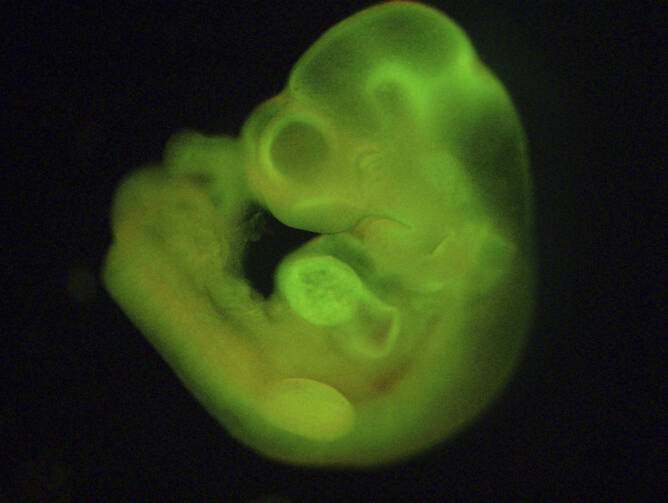A new method of creating versatile stem cells from a relatively simple manipulation of existing cells could further reduce the need for research involving human embryos. Although the process has been tested only in mice, two studies published on Jan. 29 in the journal Nature detailed research showing success with a process called stimulus-triggered acquisition of pluripotency, or S.T.A.P. Scientists from Japan’s Riken research institute and Harvard’s Brigham and Women’s Hospital in Boston were able to reprogram blood cells from newborn mice by placing them in a low-level acidic bath for 30 minutes. “If this technology proves feasible with human cells, which seems likely, it will offer yet another alternative for obtaining highly flexible stem cells without relying on the destructive use of human embryos,” said the Rev. Tadeusz Pacholczyk, director of education at the National Catholic Bioethics Center in Philadelphia.
New Stem-Cell Method Shows Promise
Show Comments (
)
Comments are automatically closed two weeks after an article's initial publication. See our comments policy for more.
The latest from america
Pope Leo said that if the teen “had come all the way to Rome, then (the pope) could come all the way to the hospital to see him.”
A Reflection for Tuesday of the Eighteenth Week in Ordinary Time, by Molly Cahill
As emergency workers searched for survivors and tried to recuperate the bodies of the dead, Pope Leo XIV offered his prayers for people impacted by the latest shipwreck of a migrant boat off the coast of Yemen.
The Archdiocese of Miami celebrated the first Mass for detainees at “Alligator Alcatraz,” the Trump administration’s controversial immigrant detention center in the Florida Everglades.








